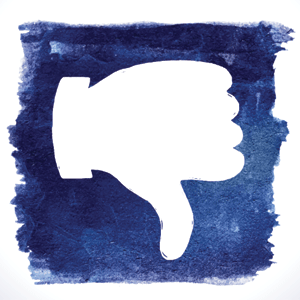Beware of sites importing your contacts, and watch your social media comments, ethics opinions say

The ethics committee of the District of Columbia Bar is advising lawyers about some social media dangers in two ethics opinions released this month.
Many issues addressed in the opinions have been widely explored in ethics opinions in other jurisdictions, but a couple of topics haven’t gotten much treatment in prior opinions, according to the ABA BNA Lawyers’ Manual on Professional Conduct. The D.C. opinions are here and here.
One “apparently novel warning” is about lawyers who take positions on legal issues when blogging or tweeting, according to the ABA BNA Lawyer’s Manual. The ethics opinion says a lawyer’s positions on social media could be adverse to the interest of a client, inadvertently creating a conflict.
Those online positions could violate a D.C. ethics rule that prevents lawyers from representing clients if their professional judgment will be, or reasonably may be, adversely affected by a lawyer’s own financial, property or personal interest, the ethics opinion says.
Another new topic addressed is about the danger of allowing social media websites such as LinkedIn to access email contacts. Such access can allow a social media site to suggest potential connections with people the lawyer may know who are already members of the website, or to invite nonmembers to join and connect with the lawyer, explains D.C. Bar Ethics Opinion 370.
“However, in many instances, the people contained in a lawyer’s address book or contact list are a blend of personal and professional contacts,” according to the opinion. “Contact lists frequently include clients, opposing counsel, judges and others whom it may be impermissible, inappropriate or potentially embarrassing to have as a connection on a social networking site. …
“For attorneys, these connection services could potentially identify clients or divulge other information that a lawyer might not want an adversary or a member of the judiciary to see or information that the lawyer is obligated to protect from disclosure.”



